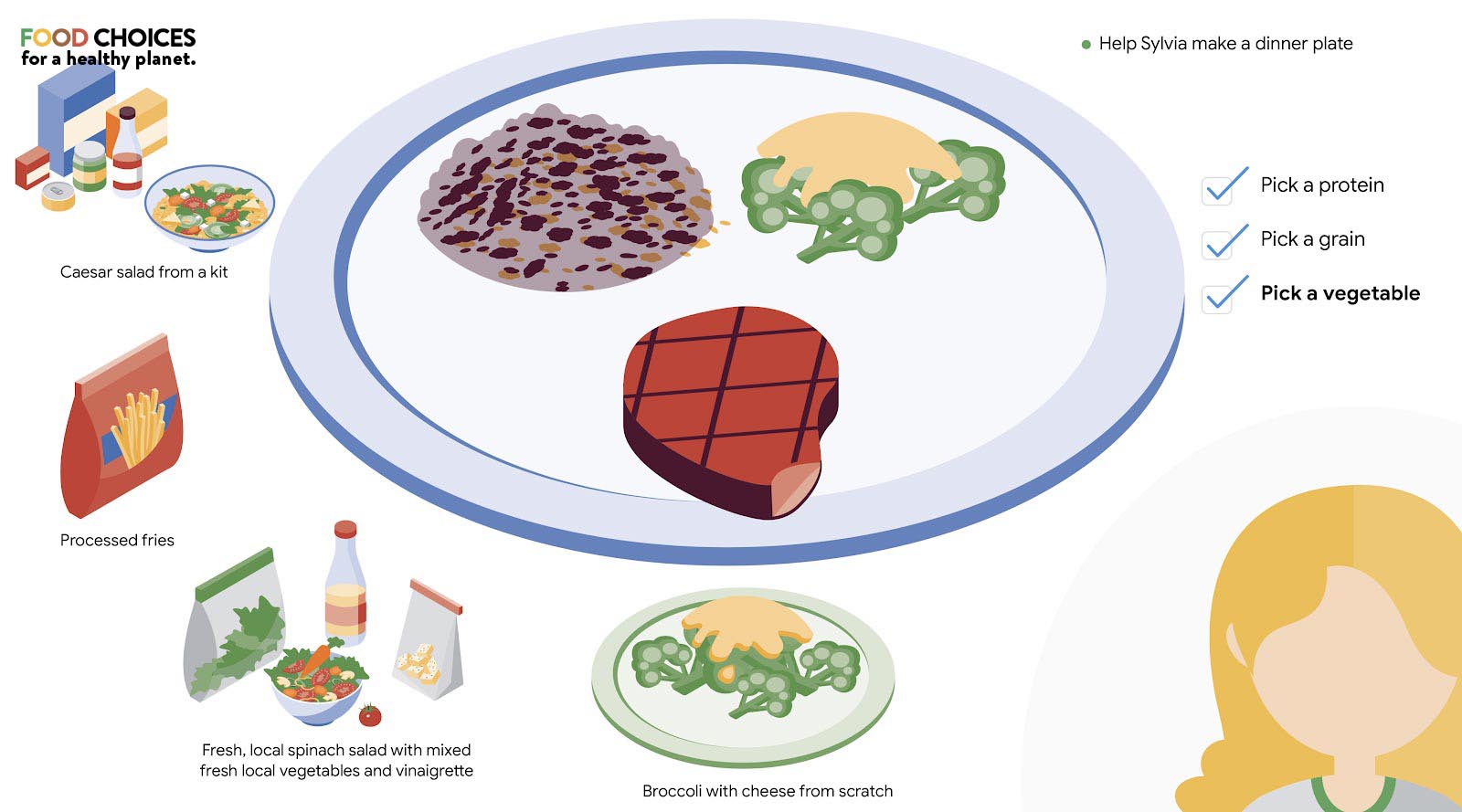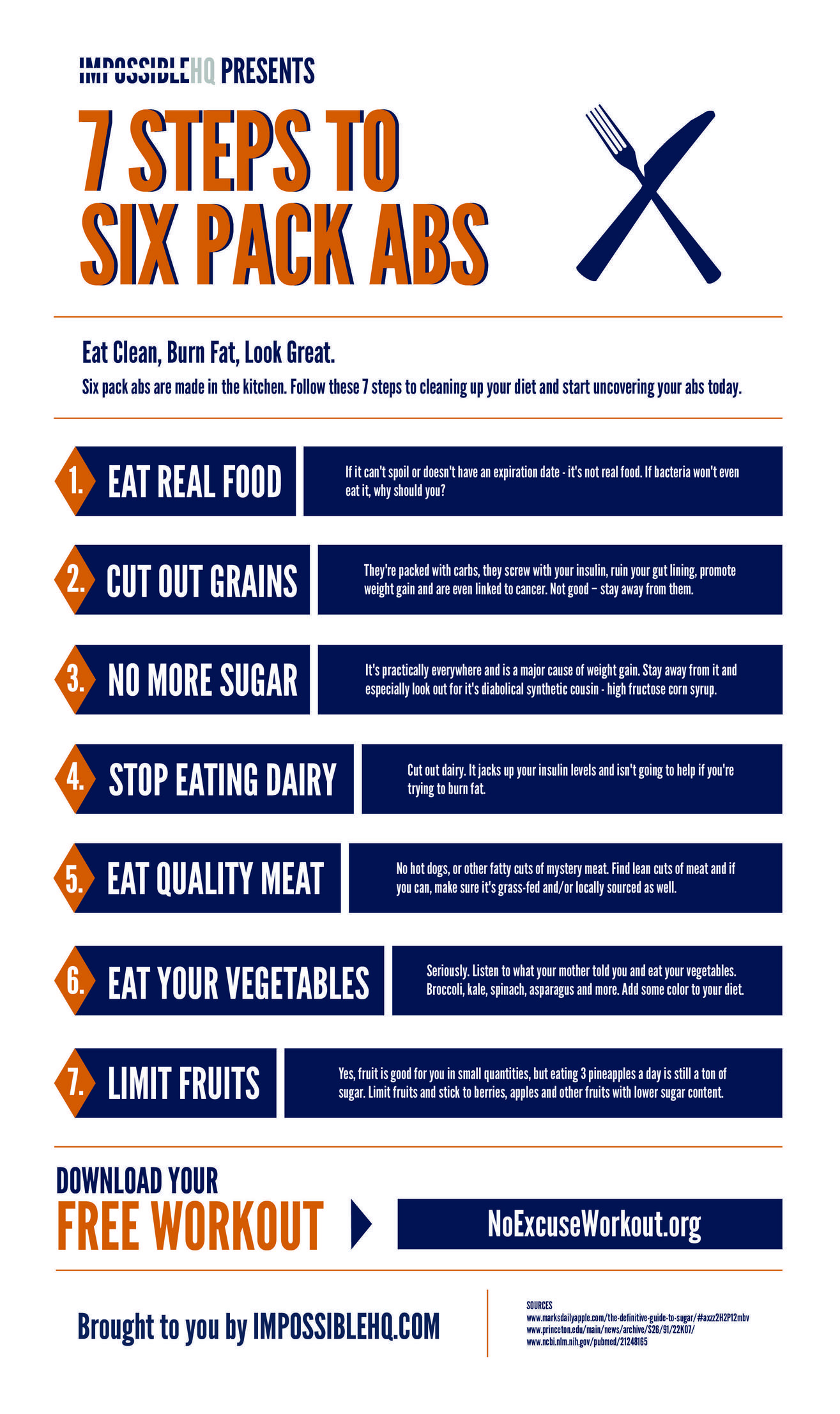
There are many kinds of dietary oil that can be found in foods. Some are safe while others can be harmful. These may cause weight gain and can be harmful. If you eat too often, it can make it difficult to lose weight. Limiting your intake fat is the best way to avoid this. This is how to do it. To begin, identify which types of fat you eat. They are divided into three types: saturated, trans, or monounsaturated.
Understanding the differences between saturated and unsaturated fats is essential to understand how to eat healthy fats. Saturated fats can remain solid at room temp and are found in red meat, fullfat dairy products, eggs, and other animal products. Coconut oil as well as palm oil are good sources of saturated oil. You can get monounsaturated and multiunsaturated oils in olive oil and vegetable oils.

There are different types of dietary fats. Monounsaturated fats can be harmful to your health, while saturated fats are unhealthy. Saturated Fats are the worst type of fat and should be limited if you're trying to lose weight. But, trans and saturated fats can have negative effects on your health. You should aim for a daily intake of five to ten grams of dietary cholesterol.
Although moderate amounts of saturated fat are healthy for your body it's best that you stick to a lower than ideal level. Saturated fats may cause you to gain weight, increase your risk of cancer and diabetes. Limiting your intake of saturated oil is important. These tips will help you make your diet healthier and reduce your calorie intake. These are the best foods for your health.
Saturated fats are the most harmful. Saturated fats can lead to heart disease. However, they should only account for five to six per cent of your daily calories. Nevertheless, it's important to note that saturated fats can be a part of your diet. Most fatty foods contain a mixture of fatty acids, so the best choice is to include them in your diet. You can replace the saturated fats with those that aren't.

Saturated fats can be the most dangerous. These fats can be very harmful for your health. Saturated fats can be very harmful to your health. Saturated fats can make you gain weight. It is also important to monitor your sodium intake. The American Heart Association recommends limiting saturated fats. Eat more fruits, vegetables, and whole-grain foods if you are looking for the best food options.
There are two types of dietary oils. You can get them from animal foods and plant-based foods. Saturated fats can be harmful to your heart, but omega-3 fats are good for you. They have a variety of other benefits to your health. Particularly beneficial for your heart are the omega-3 fats found within fish and poultry. They are essential for heart health. If you eat foods rich in omega-3 fatty acids, your heart will thank you.
FAQ
What does butter do?
Butter is one of the best sources of saturated fats. This fat is good for hair and skin health, as well as stronger bones.
Vitamin K is also found in butter, which helps prevent bleeding from cuts or bruises. Vitamin K works together with vitamin C to prevent bruising.
Butter is also rich with minerals, such as calcium and phosphorous. These elements are good for teeth and bones.
Butter has its drawbacks. Butter is high in cholesterol. There are studies that show excess cholesterol may increase the likelihood of developing cardiovascular diseases.
Butter is also high-fat, which can contribute to obesity and increase cholesterol.
However, if you must have butter, try spreading it on bread rather than dipping it into soup or salad. Bread absorbs less oil than pasta and potatoes.
Which is the best order to exercise?
It all depends on your goals. First, lift heavy weights if you are looking to increase muscle mass. Then you can move to cardio. If you are looking to lose weight, then move on to strength training.
Cardio is a great way to lose fat if you are just looking for a quick workout. After that, you can add strength training.
Do cardio first if you are looking to increase muscle mass. It stimulates growth hormones that help build muscle mass.
Also, eat before you workout. This will fuel your muscles, making them work harder. This will make you feel better while working out.
Is it possible to drink alcohol while training?
Yes. Alcohol can increase energy expenditure, speed up healing time, and reduce soreness.
Alcohol also increases insulin sensitivity, making it easier to absorb glucose.
Dehydration can result from alcohol, which can affect your metabolism. It can also decrease testosterone production, which can affect muscle-building ability.
Women shouldn't consume alcohol before exercising. Women who are heavily alcoholic should wait at minimum 24 hours before starting to work out.
Breastfeeding women should stay away from alcohol.
Men should limit their intake to one drink per day.
Statistics
- According to the American Heart Association, blood pressure should be checked at least once every two years, beginning at age 20. (my.clevelandclinic.org)
- Cardmembers earn 5% Back at Amazon.com with a Prime Credit Card. (amazon.com)
- Candidates and applicants must pass all four tests at 70% (minimum level) to graduate from Basic Deputy U.S. Marshal (BDUSM) Training. (usmarshals.gov)
- Get free shipping and 25% off today. (healthline.com)
- According to the American Academy of Dermatology (AAD), men over 50 are at a heightened risk of developing it. (healthline.com)
External Links
How To
What nutrients do men need each day?
For healthy growth and development, men need to eat a balanced diet. Vitamins, minerals, vitamins, nutrients, carbohydrates, fats and fiber are all essential for the body.
Specific nutrients are also required by the male body at different times during the day. When you're sleeping, your body uses energy from food for hormones, proteins, and enzymes. Protein is needed to build muscles and repair tissue damaged when you wake up.
Your body stores extra energy as glycogen and breaks down fat at night. Your body still requires sufficient nutrients and calories even though it needs less calories. If you feel hungry, you can have a snack in the evening.
You need to eat enough carbs and protein when you exercise. If you train hard, you may experience muscle soreness after exercising.
To prevent this, you must consume carbs and protein within 2 hours of training. Your body will break down stored glycogen to provide glucose for energy.
Additionally, it is important to eat protein right away after your workouts are over. This prevents muscle tissue loss that happens while you sleep.
Your body makes lactic acid when you are doing intense physical activities. It builds up in your bloodstream, which can lead to fatigue. Eat foods high in carbohydrate, such as fruits, vegetables, to avoid this.
Carbohydrates provide energy for your body to recover after strenuous exercise.
You may also want to include lean meats and fish, as well as yogurt, cheese, yogurt, beans and nuts in your diet.
All of these foods have high-quality protein. Protein is important for muscle growth and repair. Protein also supplies the amino acids your body requires to make sex hormones, such as testosterone.
Good skin, hair, and joint health requires adequate dietary fats. Healthy men need between 20% and 35% of their total caloric intake from fat.
Fat can help keep your heart healthy and protect you from cancer. It keeps your brain healthy and functioning well.
Vegetable oils such as sunflower oil and soybean oil can provide most of your fat needs.
These oils contain high levels of monounsaturated fat acids (MUFAs). MUFAs can lower cholesterol levels and reduce inflammation. They also protect your cells from damage caused by free radicals.
Saturated fats (SFAs) are found mostly in animal products like meat, dairy products, and butter. SFAs increase LDL ("bad") cholesterol, and increase triglycerides. They can also increase weight and reduce belly fat.
Plant-based oils such as vegetable oil, nuts, seeds, or grains are rich in polyunsaturated fats (PUFAs). PUFAs improve cardiovascular function and decrease inflammation. They help to control blood sugars and cholesterol.
Erectile dysfunction can often be a problem for men who have low HDL ("good") levels of cholesterol. High consumption of saturated fats increases bad cholesterol, which lowers the level of good cholesterol.
Men who eat large quantities of red meats or pork may develop prostate problems. High temperatures can cause nitrates to become nitrosamines. These compounds can cause lung cancer.
Most processed meats contain nitrites or other harmful chemicals. You should avoid them.
The American Heart Association recommends limiting red meat intake to two meals per week. Choose poultry, fish and legumes instead.